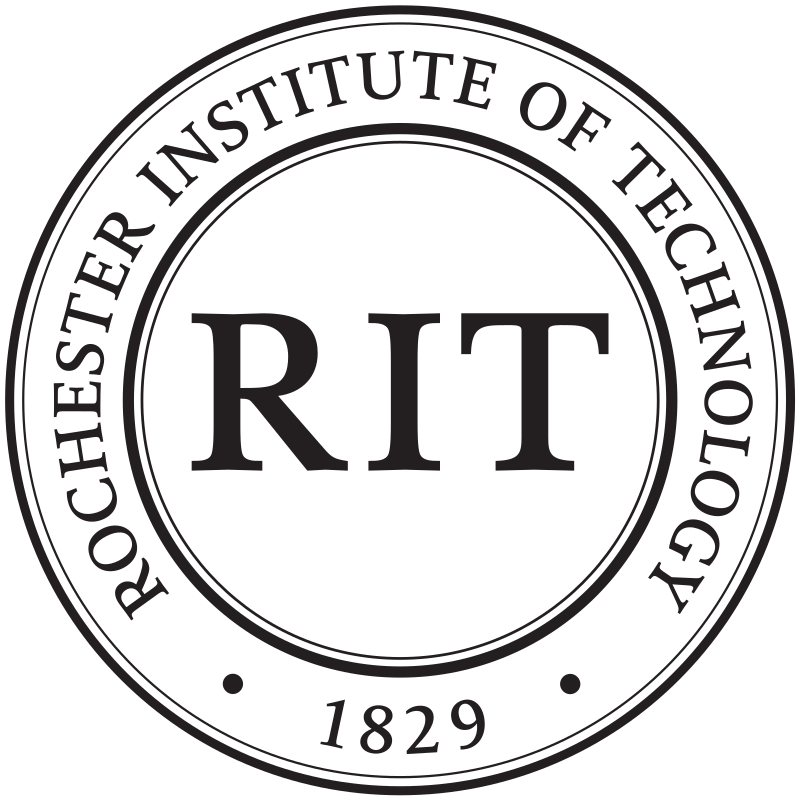
Foreign Education Consultants
Typically replies within minutes
Foreign Education Consultants
Hi There,
How can I help you?

Foreign Education Consultants
Typically replies within minutes
Foreign Education Consultants
Hi There,
How can I help you?
Get university recommendations.
Create SOP for free
Direct university communication
Track your application
Online payments
Don't have an account?
Get university recommendations.
Create SOP for free
Direct university communication
Track your application
Online payments
Already have an account?
Get university recommendations.
Create SOP for free
Direct university communication
Track your application
Online payments
Got your password?

Application Fee
Microelectronic engineering affects nearly all aspects of life–from communication, entertainment, and transportation to health, solid state lighting, and solar cells. RIT’s microelectronic engineering master's program is a world leader in the education of semiconductor process engineers.
Integrated microelectronic or nanoelectronic circuits and sensors drive our global economy, increase our productivity, and help improve our quality of life. Semiconductor and photonic devices impact virtually every aspect of human life, from communication, entertainment, and transportation to health, solid state lighting, and solar cells. RIT’s microelectronic engineering program is considered a world leader in the education of semiconductor process engineers.
The microelectronic engineering masters provides a unique combination of physics, chemistry, and engineering in a state-of-the-art facility to prepare graduates for the real world. With internationally renowned professors with years of experience, courses are grounded in reality – practical skill and advanced theory, combine for comprehensive learning. Put your knowledge to work with a microelectronic engineering masters from RIT.
The objective of the microelectronic engineering master's degree is to provide an opportunity for students to perform graduate-level research as they prepare for entry into either the semiconductor industry or a doctoral program. The degree requires strong preparation in the area of microelectronics and requires a thesis.
Program Outcomes
Microelectronic Engineering, MS degree, typical course sequence
Course Sem. Cr. Hrs.
First Year
MCEE-601 Microelectronic Fabrication 3
MCEE-602 Semiconductor Process Integration 3
MCEE-603 Thin Films 3
MCEE-605 Lithography Materials and Processes 3
MCEE-732 Microelectronics Manufacturing 3
MCEE-795 Microelectronics Research Methods* 2
Graduate Elective
3
Second Year
MCEE-704 Physical Modeling of Semiconductor Devices 3
MCEE-799 Graduate Independent Study* 2
Graduate Elective
3
Choose one of the following:
6
EEEE-792 Graduate Paper, plus one Graduate Elective
MCEE-790 MS Thesis
Total Semester Credit Hours
32
Admission Requirements
To be considered for admission to the MS program in microelectronic engineering, candidates must fulfill the following requirements:
Assistantships and Fellowships
A limited number of assistantships and fellowships may be available for full-time students. Appointment as a teaching assistant carries a 12-hour-per-week commitment to a teaching function and permits a student to take graduate work at the rate of 9 credits per semester. Appointment as a research assistant also permits taking up to 9 credits per semester while the remaining time is devoted to the research effort, which often serves as a thesis subject. Students in the MS program are eligible for research fellowships. Appointments provide full or partial tuition and stipend. Applicants for financial aid should contact to the program director for details.
Tuition fee-2 years1,06,000
Total fee-2 years1,44,000



